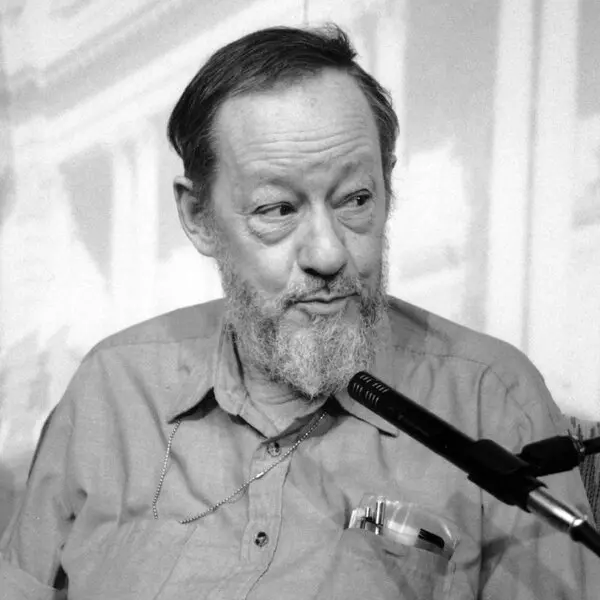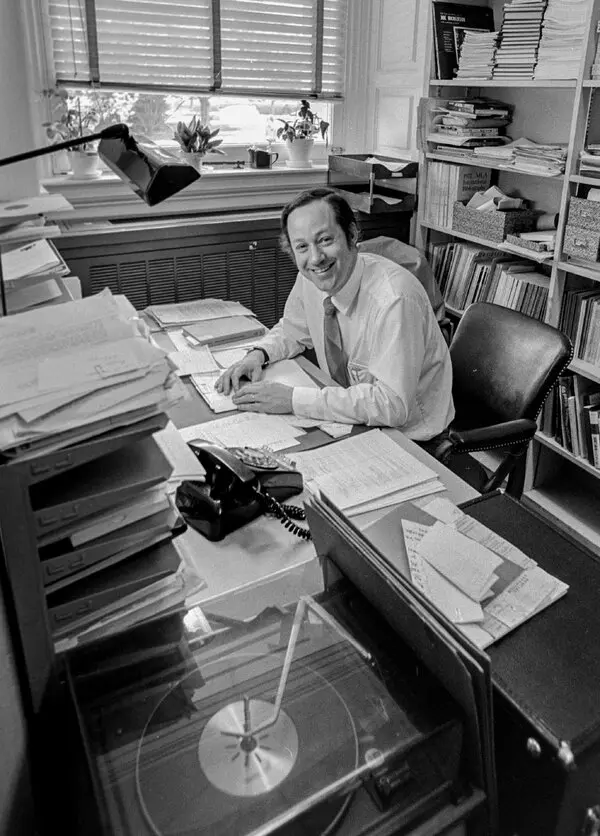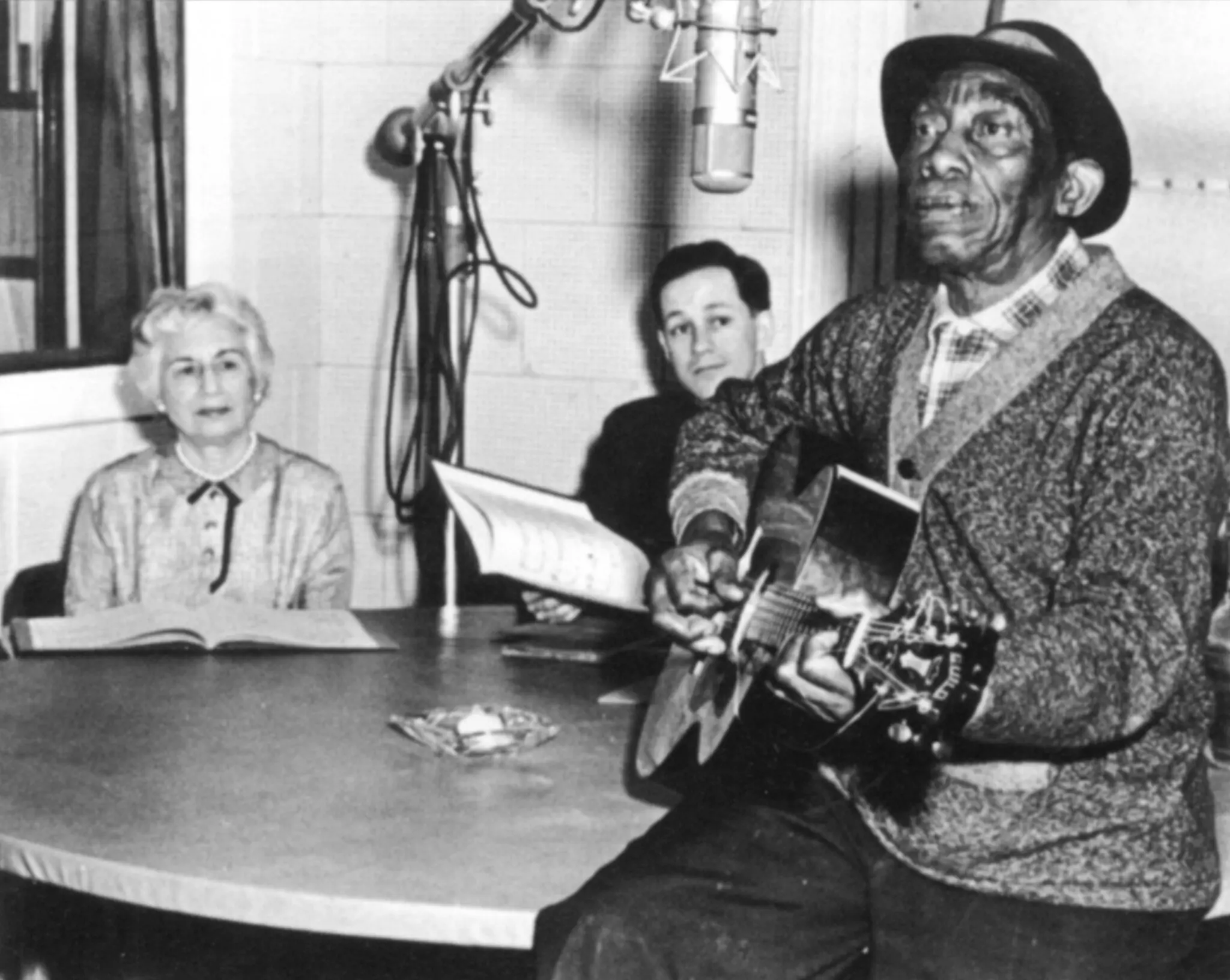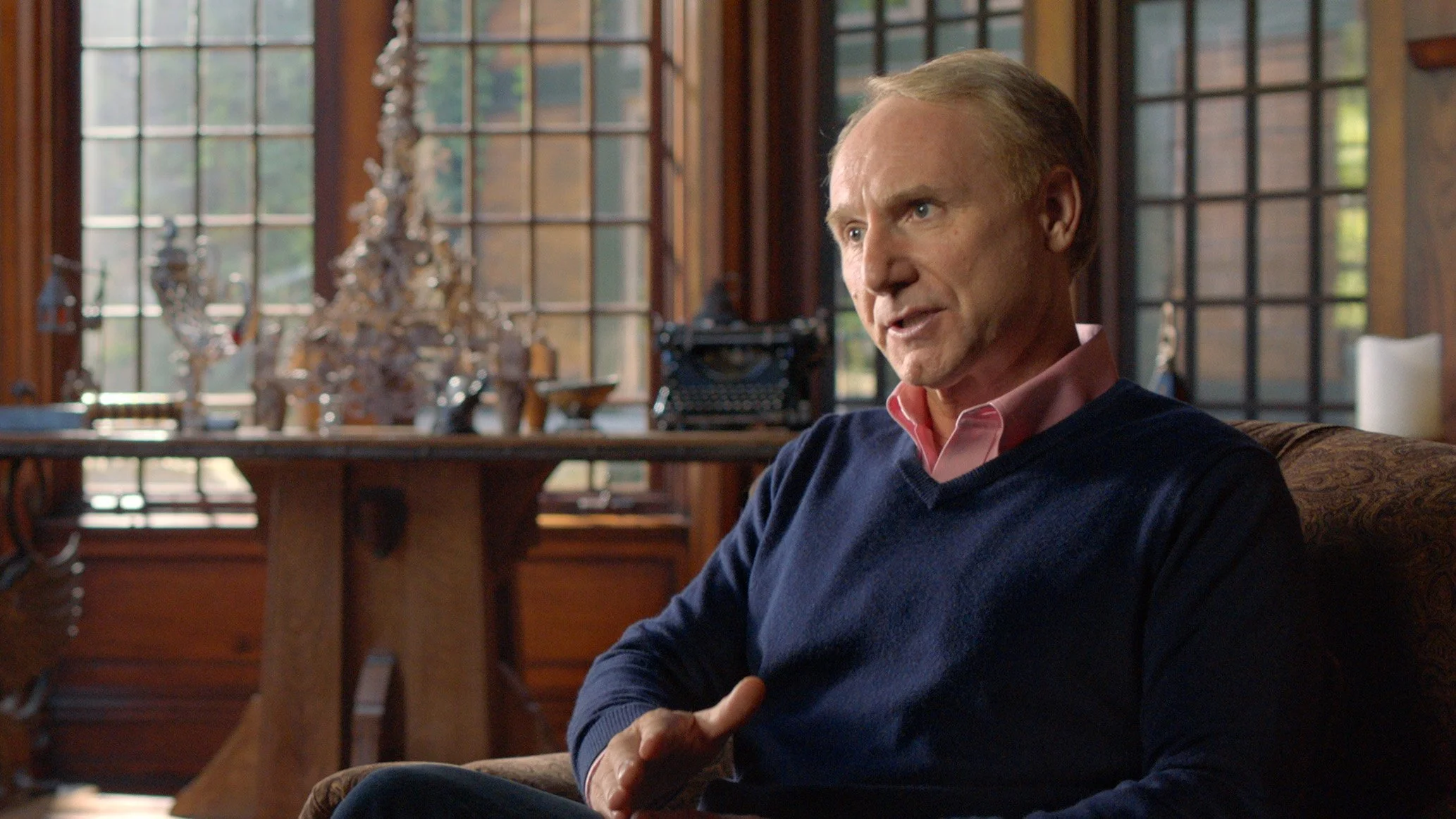Remembering Joe Hickerson, 89, a Lifelong Preserver of Folk Music
26.08.2025
Joe Hickerson, Archivist and Folk Singer, Dies at 89
A Dual Legacy: Archivist and Performer
Joe Hickerson, a singer, songwriter, and longtime folk music archivist at the Library of Congress, passed away on August 17 in Portland, Oregon. He was 89. His partner, Ruth Bolliger, confirmed that he died in a care facility. For more than 25 years, Hickerson led the folk archives at the Library, safeguarding and expanding America’s collection of traditional songs, from field recordings to sea shanties.
Joining the Library of Congress
Hickerson arrived at the Library in 1963 after completing his folklore studies at Indiana University. At the height of the folk revival, the institution was already a hub for musicians and historians, and Hickerson quickly became an essential guide. Known for his encyclopedic knowledge, he could explain the origins of centuries-old ballads, recall lyrics from memory, and trace the cultural roots of songs from across the globe.
A Performer at Heart
Beyond his archival work, Hickerson was an active performer. With guitar in hand, he favored intimate audiences, calling his approach “vintage pre-plugged paleo-acoustic.” His concerts often felt like conversations, blending scholarship with music. “I’ve been lucky to live on both sides of it,” he told The Seattle Times in 2007, reflecting on his roles as archivist and performer.
Shaping Folk Classics
Like many of his generation, Hickerson admired Pete Seeger. After hearing Seeger sing “Where Have All the Flowers Gone?” in 1955, Hickerson added two verses, which Seeger later adopted. These additions became part of the iconic protest song, strengthening its impact for future generations.

Early Life and Education
Joseph Charles Hickerson was born on October 20, 1935, in Lake Forest, Illinois. His family moved to New Haven, Connecticut, when he was three. His father, J. Allen Hickerson, chaired the education department at New Haven State Teachers College, while his mother, Elizabeth Hickerson, worked at Yale University.
A lifelong guitarist, Hickerson first encountered folk music at a 1948 Progressive Party rally where Pete Seeger performed. He later studied physics at Oberlin College, where he immersed himself in the folk scene, founded the Folk Song Club, and organized the school’s first folk festival. His group, the Folksmiths, recorded “We’ve Got Some Singing to Do” in 1958, which included the first known commercial recording of “Kumbaya.”
Academic and Archival Path
After graduating from Oberlin, Hickerson pursued folklore and ethnomusicology at Indiana University, compiling a 1,300-entry bibliography on Native American music. Although he began a doctoral program, he left with a master’s degree to join the Library of Congress in 1963, where he remained until retiring in 1998.
Musical Contributions
During his years at the Library, Hickerson continued performing and recording. His releases included “Folk Songs and Ballads Sung by Joe Hickerson With a Gathering of Friends” (1970) and “Drive Dull Care Away” (1976). He also co-founded the Folklore Society of Greater Washington, nurturing a vibrant local folk scene.

Later Years and Philosophy
Even after retiring, Hickerson performed and lectured until 2013, when he moved to Portland. To him, folk music was never about labels or academic categories but about human connection. As he explained in an interview for Singing Out: An Oral History of America’s Folk Music Revivals (2010): “In the beginning there were people, and they sang songs. They did not think of them as folk songs. They were simply songs.”
Surviving Family
Hickerson’s two marriages ended in divorce. He is survived by his partner Ruth Bolliger, his son Michael, and a grandson.






